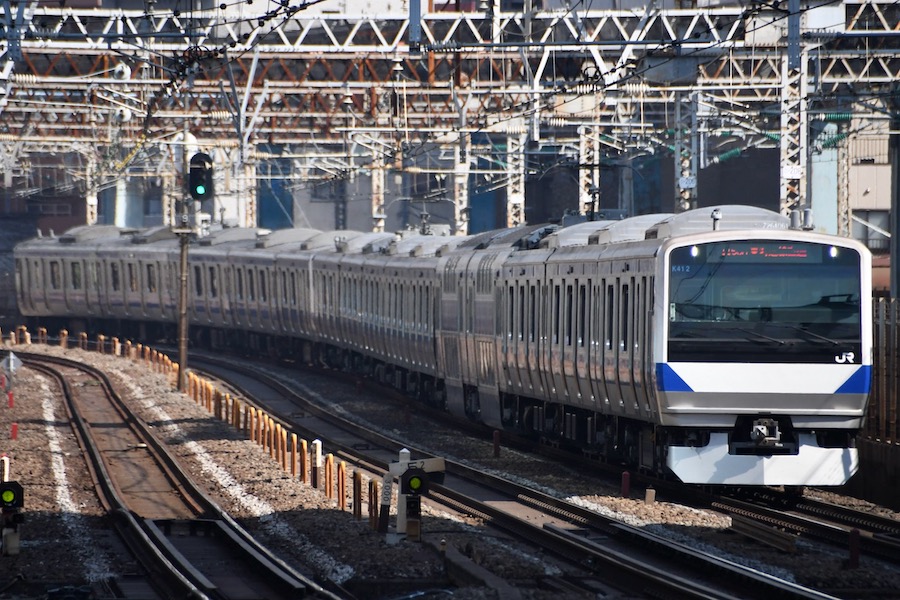
JR East to Revise Fares in March 2026 with a 7.8% Increase, Application Approved
JR East has applied to the Minister of Land, Infrastructure, Transport and Tourism for a fare revision, aiming for implementation in March 2026.
In the metropolitan area, it plans to integrate the train-specific sections and the Yamanote Line fare zones into the mainline, making IC fares more affordable than regular passenger fares. Fares will be increased across all areas for mainline and regional transport lines, and the discount rate for six-month commuter passes will be reviewed. Commuter passes for students will remain the same, except for the train-specific sections and inside the Yamanote Line. The adjustment rate will be 7.8% for regular fares, 12% for commuter passes, and 4.9% for student commuter passes.
Furthermore, the method of passing on the consumption tax will be changed from rounding down to rounding up. Regional transport lines will continue to have fares set at 1.1 times the mainline fare. A summing method will be introduced for fares that cross over from other JR companies, setting an additional charge. Between Tokyo and Atami station, although currently treated as the same line for the Tokaido Shinkansen and the Tokaido Line, after the fare revision, they will be treated as separate lines. The railway station accessibility fee will be abolished.
As a result, the new initial IC fare after the adjustment will be 155 yen, with an increase of 8 to 9 yen for mainline and 8 yen increase for regional transport lines.